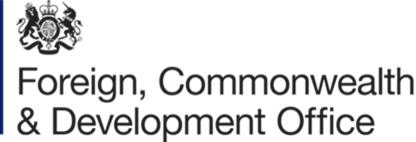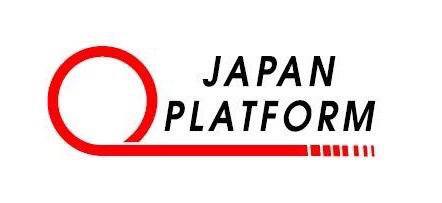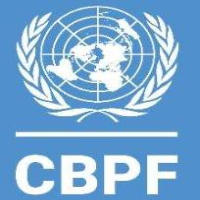Education
Education:
THESO is committed to support South Sudan government ministry of education to ensure that the basic right to education and culture enshrined in the Constitution is realised through establishing school system with the policy built on the principles of lifelong learning and free education for all based on international quality, efficient & equal opportunities for all citizens.
The narrative of Finns rising from rags to riches speaks to South Sudan as a new country – and motivating in building comprehensive blueprints that combat illiteracy and poverty. To catch-up with the rest of the world countries and remain at the cutting edge, THESO encourage South Sudan government to consult Finland and adopt the best education system in the world both the school system and learning methods so that we develop a new education policy to keep up with the changing world.
These are the values that THESO wish to hold on to in the future as we seek to lift South Sudan from the world of illiterates developing country to the world of elites and developed nations. There is need to build consensus on the main pillars of education policy that shall be characterized by cooperation and continuity – evolution rather than revolution through participation and consultation of a wide range of different stakeholders who shall play a central role in South Sudan education system reform.
A tripartite partnership among Government, donor community and national organisations is an integrated part of education policy-making of a new Government’s Development Plan for Education and Research.
THESO education strategy has outlined three strategic pillars below:
-
Education PolicyThe main objective of South Sudan education policy needs to be strengthened to offer all citizens equal opportunities to receive an education. The structure of the education system must reflect these principles of international quality, efficient and equal education opportunities to all citizens. The system should become spongy with no dead-ends preventing progression to higher levels of education with focus on learning rather than testing for pupils instead, teachers shall be responsible for assessment in their respective subjects on the basis of the objectives included in the curriculum. The only national examination, the matriculation examination, shall be held at the end of general upper secondary education that will provides results for admission to higher education.
-
Pedagogical ApproachThe goal for us to improve South Sudan education system is to support our children growth towards humanity and ethically responsible membership of the society and to provide them with the knowledge and skills needed in life. The education policy concept of learning shall be where all learners own their activities and interact freely with the teacher, other learners and ensure that the learning environment is important in steering the schoolwork, teaching and the organization controls. Each student shall deal with and interprets the information he/she will receive based on his / her earlier knowledge (constructive pedagogy approach). Government must have a political consensus to educate all children together in a common school system with the expectation that all children can achieve at high levels, regardless of family background or regional circumstance based on single-minded pursuit of teaching excellence. The policy shall ensure a collective school responsibility for learners who are struggling built on climate of trust between educators and the community with modest financial resources that are tightly focused on the classroom.
-
Teachers EducationBased on new envisioned education system with a policy that shall ensure that all teachers are autonomous professionals with high level of training to ensure equal quality efficient and effective education systems, South Sudan teachers training need to be improve to reflect international best strategy and approach. Teacher training shall be either concurrent, with pedagogical training integrated into the Master’s program, or consecutive, with the pedagogical training completed after the initial degree. The latter shall be the case for example in vocational teacher education. The consecutive model also shall serve those who decide on a teaching career later. Teachers training curriculum need to ensure that all teachers for different institutions levels, specialties and positions are well trained to build sustainable evolving education system in the world.
The government shall ensure funds for in-service training programs, primarily in areas important for implementing education policy and reforms. Education providers should be given opportunities by donors to apply for funding to improve the professional competence of their teaching personnel ensuring the triple nexus of donors, government and CSOs is strengthened. As a result, future learning in South Sudan is envisioned to take place in multidisciplinary projects that centre on complex phenomena and develop learners’ problem‑solving and thinking skills. New technologies will also be integrated into teaching, and learning environments that shall be increasingly modified to promote learning. This means that schools shall have to offer multidisciplinary learning concepts and universities multidisciplinary degree programmes.












